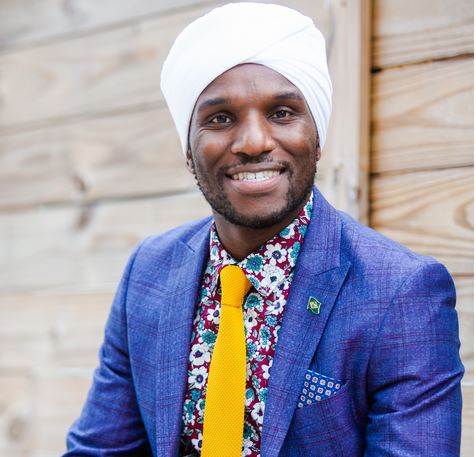×
The Standard e-Paper
Smart Minds Choose Us

As a black man, growing up in central Texas, I came to realize that the stark lack of police accountability and unclear regulations on the use of force have all culminated to reinforce and perpetuate racial bias and contribute to structural racism.